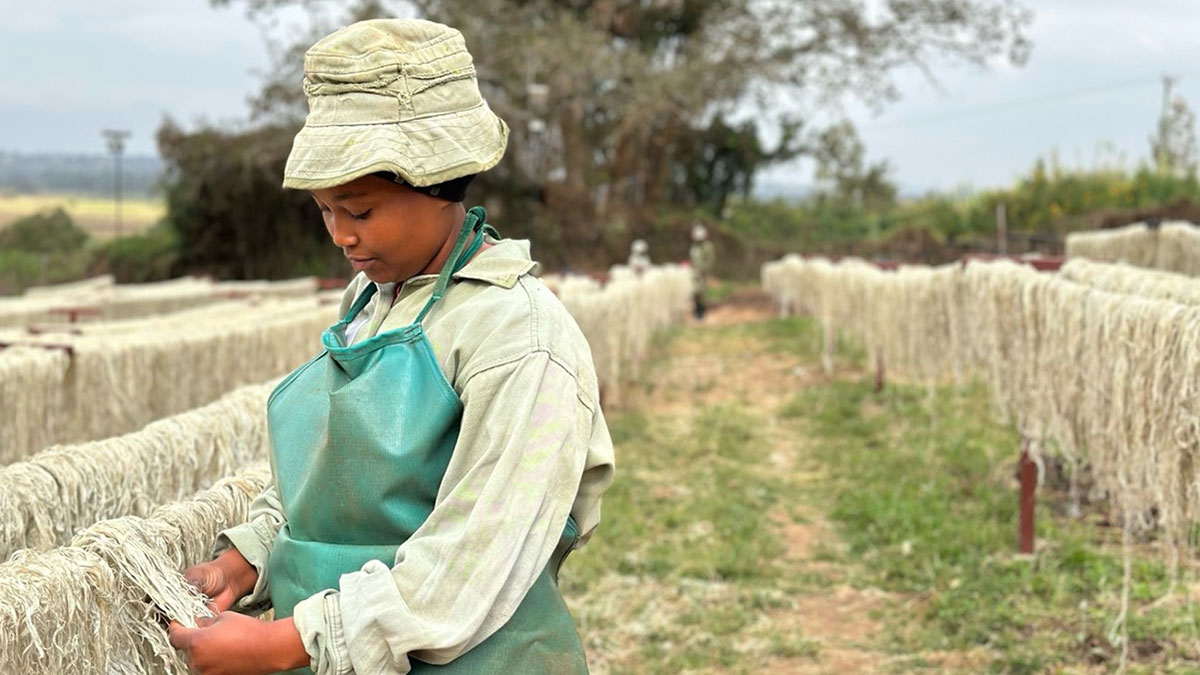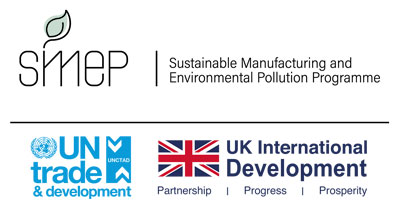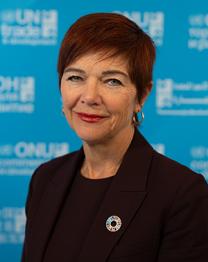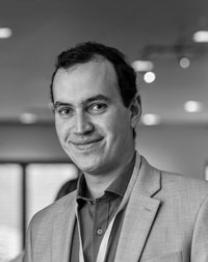
©Maria Durleva | SMEP Programme
Global textile systems are shifting in response to questions about the sustainability, sourcing, and environmental footprint of the fabrics we use.
The textiles industry, valued at $1.6 trillion in 2023, is projected to reach $3.3 trillion in 2030, contributes to 2-8% of global greenhouse gas emissions and consumes about 215 trillion litres of water annually, and much of that impact is concentrated in developing countries. Yet it remains a key driver of industrialization, trade, and job creation across the Global South.
In East Africa, fibrous agricultural residues such as banana pseudostems, pineapple leaves and sisal waste are often discarded or burnt. But these by-products represent a viable pathway toward circularity: offering biodegradable low-impact materials in the production of homeware items, paper, sanitary towels and even hair extensions. When treated and improved, such fibers can be blended into cotton and other fibers, acting as alternatives to synthetic fossil-based fibres like polyester, acrylic and nylon, which dominate global markets at approximately 60%, and contribute about 9% of annual synthetic microfiber pollution.
The Sustainable Manufacturing and Environmental Pollution (SMEP) Programme is helping to turn this untapped resource into a scalable economic opportunity. With SMEP’s on-the-ground pilots already underway, the region is well-positioned to build competitive value chains in sustainable fibres, advancing climate goals, reducing waste, and opening new trade pathways through waste valorisation.
This symposium will bring together key producers, buyers and enablers of the alternative and natural fibres sector across East Africa to:
- Map the natural fibre stakeholder ecosystem, from farmers and processors to innovators, buyers and policymakers
- Host producer–buyer–financier roundtables to accelerate collaboration and investment
- Explore enabling environments, including policy levers, financing models and market standards needed to scale the industry
- Open dialogue on regional coordination, including exploring the idea of a voluntary industry association
This initiative builds on the SMEP Programme’s objective to consolidate fragmented knowledge and stakeholder efforts across alternative fibre value chains in East Africa. It seeks to strengthen industry coordination and foster dialogue around a shared regional agenda to scale the use of organic waste and grow the alternative fibre sector as a pillar of a resilient, inclusive circular bioeconomy. It follows the regional dialogue initiated at the World Circular Economy Forum 2025, Embedding the bioeconomy into national circular economy plans, deepening the focus on trade-linked opportunities and industry development in sub-Saharan Africa region. This also builds upon UNCTAD's experience supporting organic agriculture movements across Africa and South East Asia as part of the UN Cluster on Trade and Productive Capacities.
The SMEP Programme is funded by UK International Development and implemented by the UK Foreign Commonwealth and Development Office (FCDO) in partnership with UN Trade and Development (UNCTAD), who provide Technical Assistance to the programme. Programme management is delivered through a consortium partnership between Pegasys International and SouthSouthNorth.
Participation:
This workshop is in-person and by invitation only, as part of a targeted regional dialogue on sustainable natural fibres and circular bioeconomy strategies in East Africa.


Dr. Carpentier, from Quebec, Canada, is Head of Trade, Environment, Climate change, and Sustainable Development Branch of UNCTAD’s Division on International Trade and Commodities (DTIC). Her work with governments and partners foster green, blue, circular, and impact economies that supported by trade, are key to addressing the triple planetary crisis: climate change, pollution and biodiversity loss. She came to Geneva after leading the UNCTAD New York office, representing the SG and coordinating UNCTAD’s support to inter-governmental negotiations of the UN General Assembly (2015-2023).
She held several other positions. At the UN Department of Economic and Social Affairs, she facilitated the engagement of NGOs, women and youth’s groups, business, local authorities, etc. in the SDGs negotiations and the UN Rio+20 Conference (2011-2015). She also supported the Commission on Sustainable Development research and negotiations on sustainable agriculture and sustainable consumption and production (2007-2011).
Prior to joining the UN, she Headed the North American Free Trade Agreement Commission for Environmental Cooperation’s, Environment, Economy and Trade Division (2000-2007), was Agro-environmental policy analyst for Winrock International (1998-2000) and post-Doctoral fellow/Brazil office manager for the International Food Policy Research Institute (1996-1998).
She has a PhD. in Agro-Environmental Economics from Virginia Tech, as well as a MSc. and BSc. in Agro- Economics from McGill University and is an ironman and ultramarathoner. She is a Yale World Fellow, received the 2023 Schwab Foundation for Social Entrepreneurship public intrapreneur award, and is a UNEP Who’s Who of Women and the Environment.
Henrique Pacini is an economist at the United Nations in Geneva, where he works on trade and circular economy issues. He has a degree in economics from the University of São Paulo, a Masters in European Studies from Hochschule Bremen, Germany, and a Ph.D in Energy Technology from KTH, Sweden.
He recently completed a post-doctoral fellowship at Harvard University, where he examined the commercial dynamics of secondary/scrap materials in world trade, and co-chaired Harvard’s first Circular Economy Symposium. Dr. Pacini published over 60 articles on environment, energy, trade and development issues.



